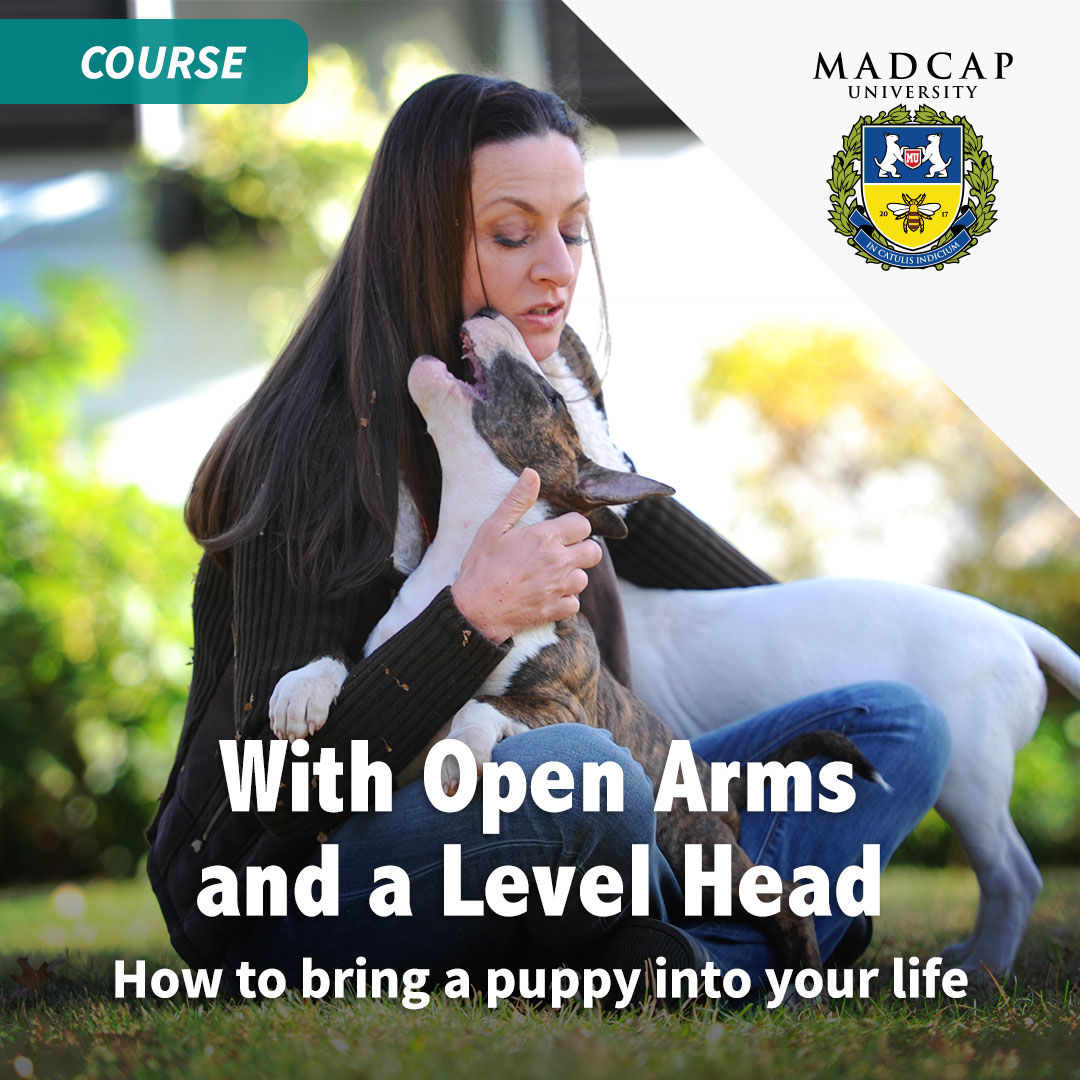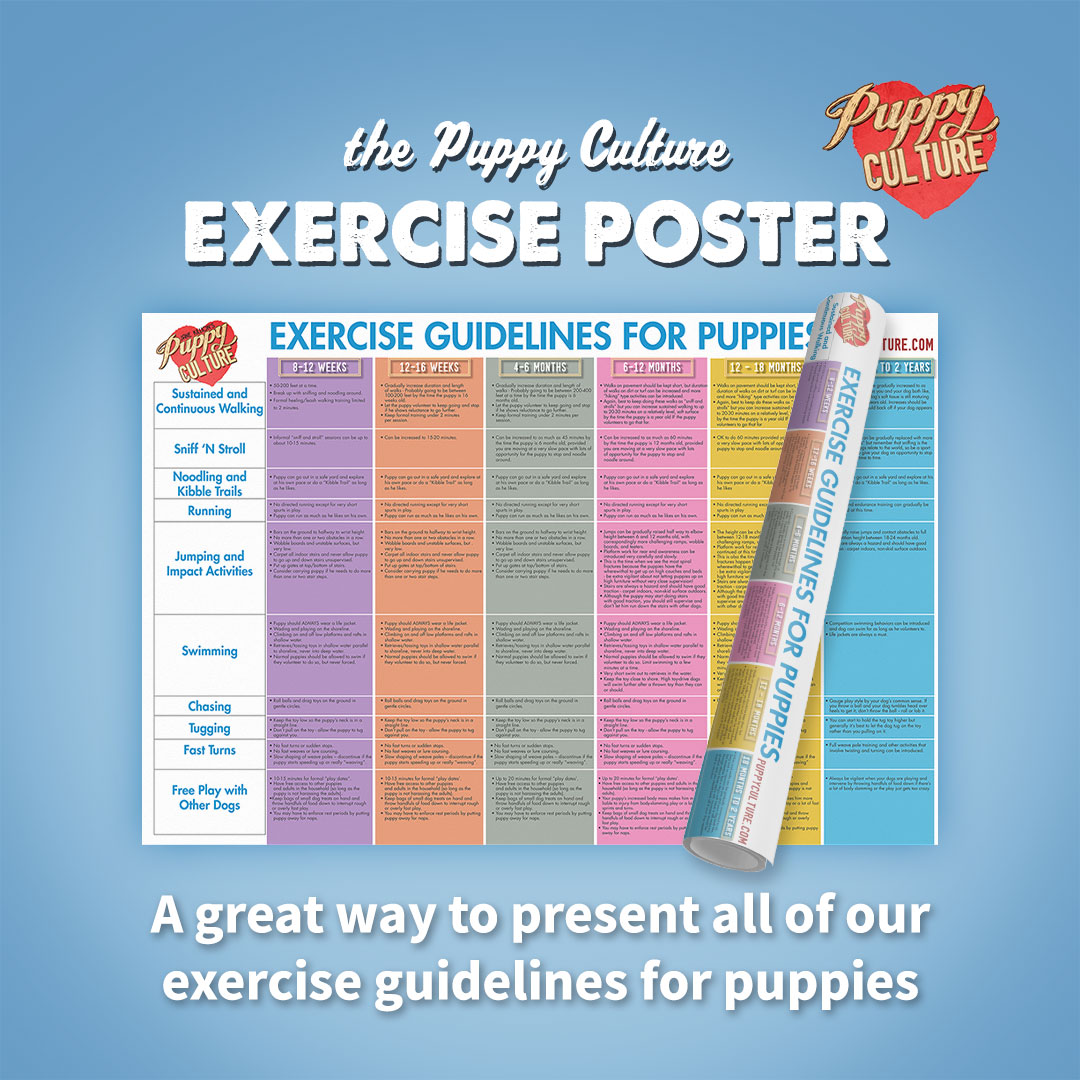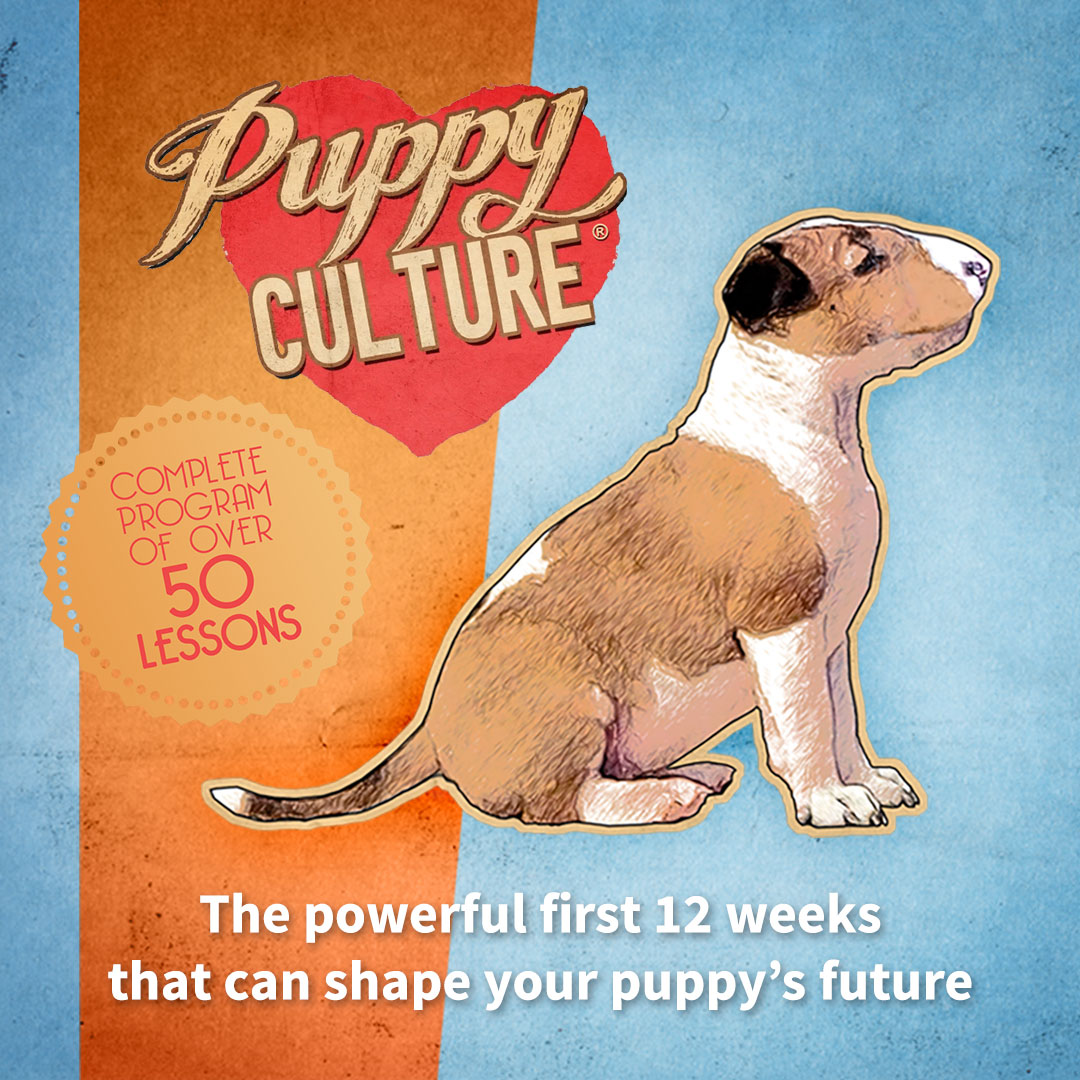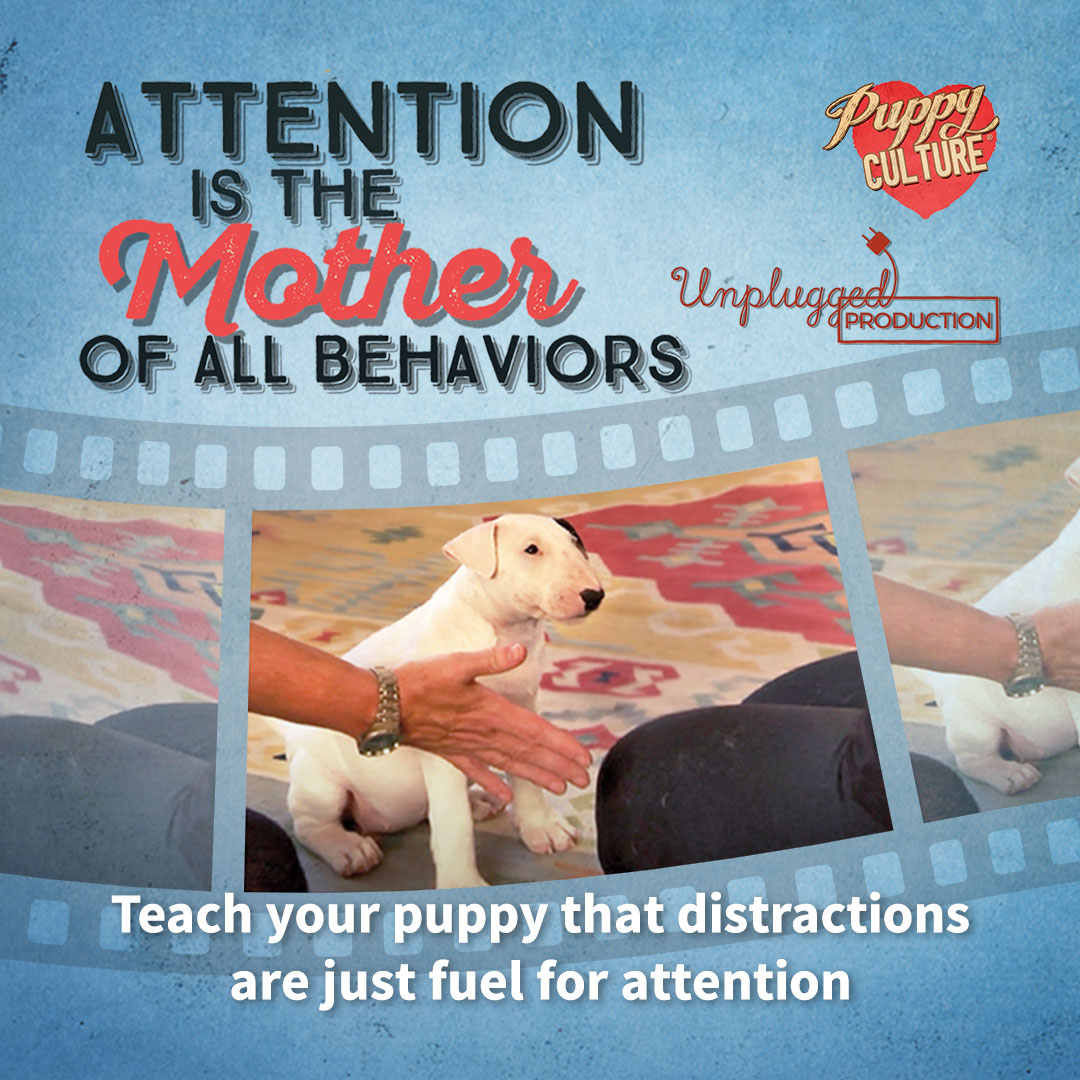Puppy Culture Potluck SeriesYou bring the topics, we bring the discussion.
No time to read our Puppy Culture Discussion group every day? No problem! Now you can get highlights of the discussion group in podcast format.
I’m going to be grabbing questions from the discussion group that sparked interesting discussion and talk about them on air.
Who knows, some guests may drop in as well…
|
In this episode I answer these questions and look at:
Listen wherever you get your podcasts, and subscribe so you never miss an episode!
To read the transcript for this episode, click the link below.
Referenced Courses and Titles
Further reading and citations to the referenced studies and findings
No Need to Dread a Car Ride: Common Sense Motion Sickness Busters
Magda Omansky (2010), NTCA Health Chair.
1 Comment
Mary Ann Callahan
1/1/2024 08:15:51 pm
Thank you so much, Jane (and Magda)! Another excellent, concise and clear explanation with applications to help puppies and their people. Very grateful you share your compassionate experience and talent for teaching. All the best to you!
Reply
Your comment will be posted after it is approved.
Leave a Reply. |
AuthorJane Messineo Lindquist (Killion) is the director of "Puppy Culture the Powerful First Twelve Weeks That Can Shape Your Puppies' Future" as well as the author of "When Pigs Fly: Training Success With Impossible Dogs" and founder of Madcap University. Archives
July 2024
Categories |




















